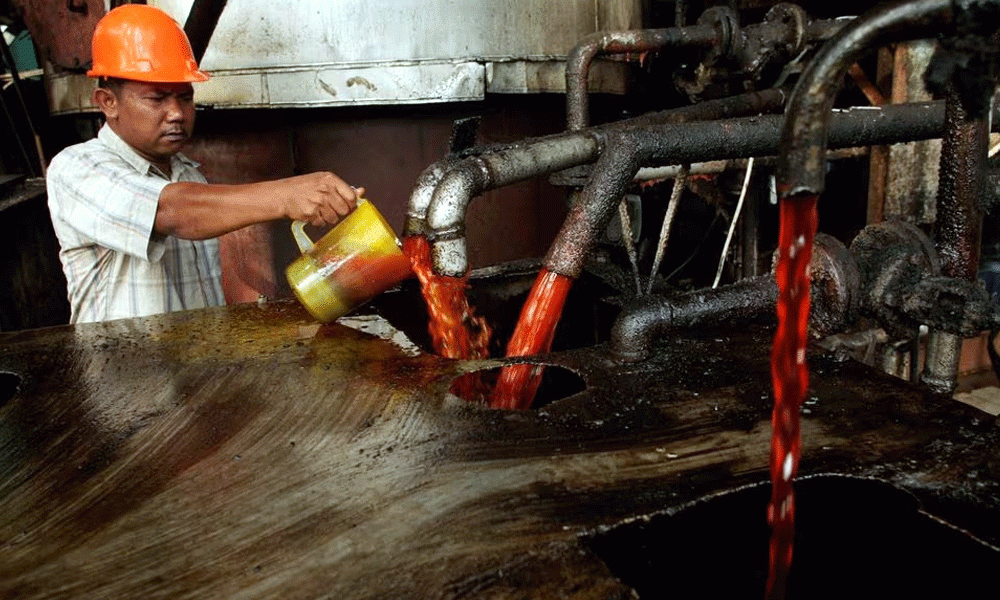JAKARTA: Malaysian palm oil futures opened down on Wednesday, after China announced it would start an anti-dumping probe into canola imports from Canada and a drop in India’s palm oil imports.
India’s palm oil imports dive 27% as price rise dents demand, dealers say
The benchmark palm oil contract for November delivery on the Bursa Malaysia Derivatives Exchange was down 35 ringgit, or 0.89%, to 3,896 ringgit ($895.43) a metric ton, as of 0231 GMT.
Fundamentals
India’s palm oil imports in August fell 27% from a month ago on ample stocks and as negative margins prompted refiners to curtail purchases of the tropical oil, five dealers said on Tuesday.
Lower purchases by the world’s biggest importer of vegetable oils could lead to higher stocks of palm oil in key producers Indonesia and Malaysia, weighing on benchmark futures.
China said on Tuesday it plans to start an anti-dumping investigation into canola imports from Canada, after Ottawa moved to impose tariffs on Chinese electric vehicles, sending prices of domestic rapeseed oil futures to a one-month peak.
Dalian’s most-active soyoil contract fell 0.26%, while its palm oil contract was down 1.65%. The Chicago Board of Trade dropped 0.24%.
Palm oil tracks price movements in related oils as they compete for a share in the global vegetable oils market. * Malaysia’s August palm oil exports are seen at 1,376,412 tons, according to Amspec Agri.
Exports of Malaysian palm oil products for August fell 9.9% to 1,445,442 tons from 1,604,578 tons shipped during July, cargo surveyor Intertek Testing Services said.
The Malaysian ringgit, palm’s currency of trade, gained 0.41% against the dollar. A weaker ringgit makes palm oil more attractive for foreign currency holders.
Oil prices fell on Wednesday, extending the previous day’s more than 4% plunge, on expectations the political dispute that has halted Libyan exports may be resolved and concerns over lower global demand growth.
Stronger crude oil futures make palm a more attractive option for biodiesel feedstock.
Palm oil may drop to 3,864 ringgit per metric ton, as a double-top formed around 4,003 ringgit, according to Reuters’ technical analyst Wang Tao.

Source: Brecorder





























